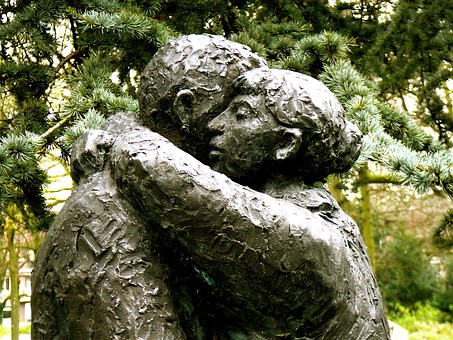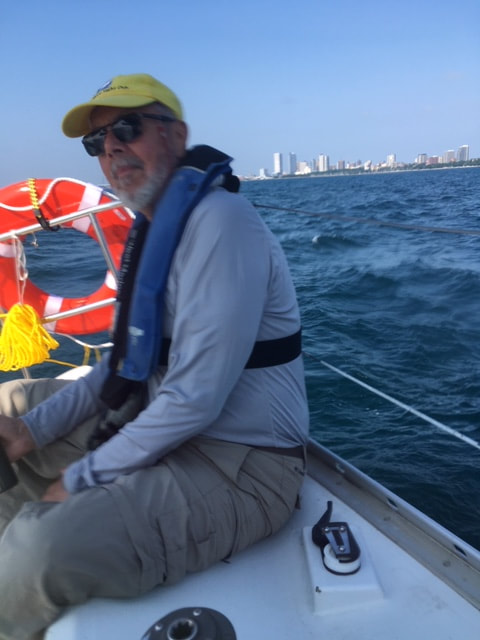At one Sunday meeting, several Quaker Friends commented on a rally they attended in support of the Muslim community after the New Zealand shootings. All who spoke, remarked on an Evangelical pastor who addressed the rally and asked for forgiveness; stating that the religious right bears some responsibility for the divisive tone in our country. What was so moving about this moment, was that each of the Quakers confessed to how they struggled with the idea of forgiving this person.
Forgiveness is easier accomplished in concept than in the messy reality of life and relationships. That’s why the testimony of these Quakers was so profound to me. By verbalizing their struggle in forgiving this pastor, my Quaker Friends shared their own vulnerability with the rest of us. In one gospel passage, Peter asks Jesus if forgiving someone seven times is enough. Clearly, Peter was done with forgiving and wanted to move on. By responding that we must forgive not seven times, but seventy times seven times, Jesus was instructing us that forgiveness is a journey we must take within ourselves and with those whom we are struggling to forgive. The essence of the forgiveness journey is to arrive at the place where we are able to forgive from our hearts. How do we reach that place where we can let go of the pain, the anger, the mistrust, the guilt, the resentment, and all those confusing feelings that get wrapped up with a sense of being harmed? I believe that my Quaker friends begin to show us the path towards forgiveness. The first step – the one they shared with us – is to acknowledge that we all are imperfect people. We know we should forgive, but we just aren’t ready. It is a mistake, I believe, to deny our feelings of anger and resentment. We must acknowledge them. We must own them. But then we must let them go. I know that letting go is easier said than done. I’ve written about this previously, but want to touch on it again here. Whenever I find myself in turmoil over something that someone has said or done toward me (imagined or real), I hopefully get to a place where I begin to see that there are a lot of “I” statements driving my emotions. I was hurt, I was misunderstood, I was maligned. When I awaken to the many “I” statements driving me, I realize that I am at a place where my ego is outrunning my soul and it is time to slow down. It is time to quiet myself and listen for the whisper of that still, small voice guiding each of us. I’m sure my Quaker friends worked hard to still their hearts and minds and to listen to the voice of the inward guide when they realized they were being asked to forgive someone when they weren’t yet fully prepared to do so. When I reach that point where I know what I’m supposed to do, but can’t quite find it in my heart to act, it is then that I realize that this is beyond my capability. It is then that I give over all these conflicting and confusing thoughts and desires and place them at the foot of God. One of my spiritual heroes is the Trappist Monk, Thomas Merton. Among the many books he wrote is the Sign of Jonas in which he penned what I have found to be one of the most profound statements on mercy that I have read. Merton wrote: God says “What was vile has become precious. What is now precious was never vile. I have always known the vile as precious: for what is vile I know not at all. What was cruel has become merciful. What is now merciful was never cruel. I have always overshadowed Jonas with my mercy, and cruelty I know not at all. Have you had sight of Me, Jonas, My child? Mercy within mercy within mercy." That image of the Divine as endless mercy has haunted and inspired me from the first day that I read it. It haunts me because the aspiration of showing mercy within mercy within mercy, is one that I fail at time and again. I have come to understand that I must accept God’s mercy for me before I can extend mercy and forgiveness to others. That, I believe, may be the most difficult part of the journey towards forgiveness.
1 Comment
|
AuthorMike Soika has been a community activist for more than 30 years working on issues of social and economic justice. His work for justice is anchored by his spiritual formation first as a Catholic and now as a Quaker. Pre 2018 Archives
|


 RSS Feed
RSS Feed
